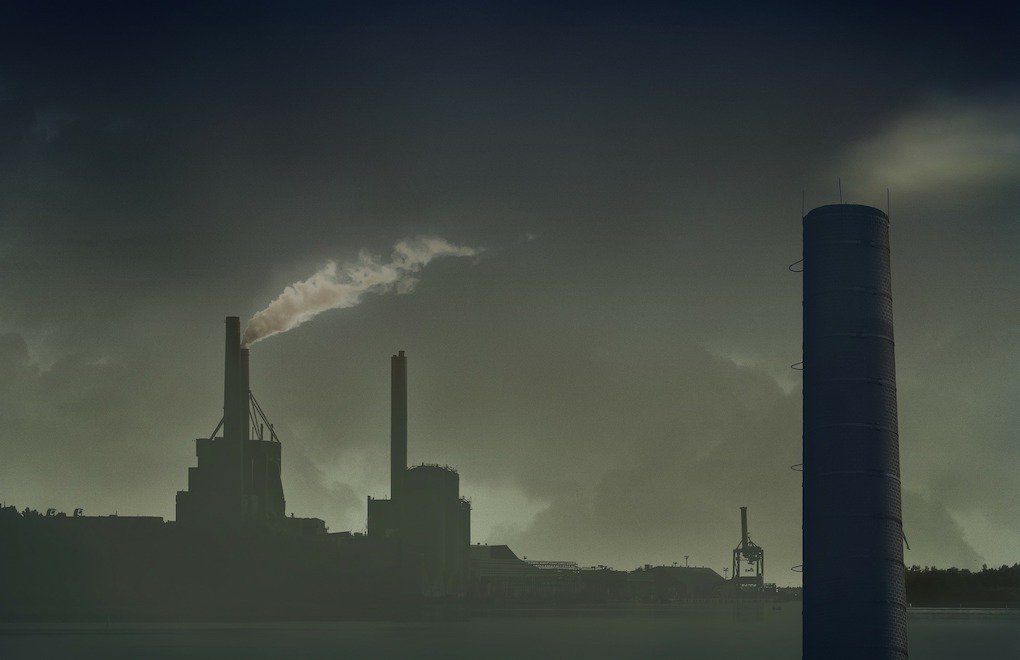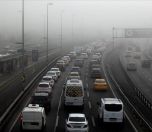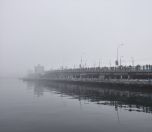* Photo: Pixabay
Click to read the article in Turkish
In the first months of the novel coronavirus (COVID-19) pandemic, measures and lockdowns caused people to spend more time at home and drive less, which led to an improvement in air quality and a decrease in pollution. However, with the normalization, air pollution has started to increase again in İstanbul, the most populous city of Turkey.
The state-run Anadolu Agency (AA) has compiled the data of the İstanbul Metropolitan Municipality (İMM) air quality measurement stations. The results have shown that when the rates of nitrogen dioxide (NO2) air pollution is considered, there was a 5-percent increase in the period of January 1, 2021 - November 12, 2021 when compared to the same period last year, which was marked by stricter COVID-19 measures, curfews and lockdowns.
From January 1 to November 12, 2021, the highest amount of air pollution was recorded in Aksaray (84.39 percent), which was followed by Çatladıkapı station (64.42 percent) and by Ümraniye 2 station (54.5 percent).
In the same period, the lowest rate of air pollution in İstanbul was recorded in Şile (5.59 percent), which was followed by Arnavutköy station (18.61 percent) and by Kandilli 2 station (18.62 percent).
When the stations which measured lower amounts of air pollution this year, Beşiktaş ranks first (32 percent), which was followed by Selimiye (24 percent), Kandilli 2 (22 percent), Şirinevler (16 percent) and Esenler (11) percent. Üsküdar 1 also measured 1 percent less air pollution.
This year, there were 12 stations in İstanbul that saw increasing rates of air pollution. While the air pollution measured by the station in Başakşehir increased by 278 percent, this rate was 92 percent for Esenyurt, 90 percent for Sultangazi 4, 55 percent for Avcılar, 48 percent for Çatladıkapı and 18 percent for Ümraniye 2. Şile's air pollution also increased by 1 percent.
UN: 7 million deaths in a year
The particulate matters with a diameter of less than 2.5 micrometers may lead to premature deaths by infiltrating deep into lungs. Moreover, the nitrogen dioxide emitted from cars, lorries and coal-fired power plants and the ozone level on earth may cause premature deaths.
According to the United Nations (UN) data, seven million people lose their lives because of air pollution across the world every year. This rate is as high as the deaths caused by smoking and poor eating habits.
Also, 91 percent of the world population live in geographies where the air quality is lower than the limits set by the World Health Organization (WHO). The WHO says that 4.2 million deaths are caused by outdoor air pollution across the world every day. 3.8 million deaths are caused by being exposed to the cookers used at homes and running on dirty fuels. (TP/SD)






